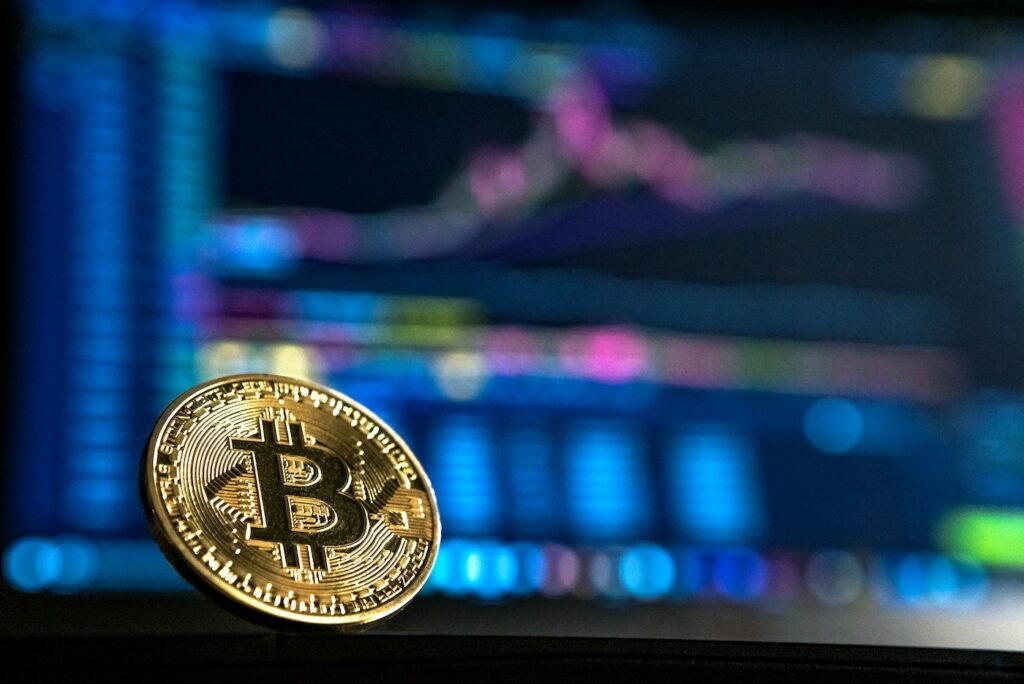Is there a difference between cryptocurrencies, a token, a digital currency, and virtual currencies? The answer is pretty easy and conclusive: yes, there is. Although they are used as synonyms in everyday language, they are not the same, and there is often confusion between these terms and their definitions. We are going to clarify the issue and we will explain what each of these denominations means, what they cover, what they do not cover, and some examples. Here we go!
When Facebook unveiled its Libra project, it was announced as a “cryptocurrency”, for this reason, regulators and referents of the cryptosystem shouted out loud to the sky. But experts quickly dismissed that definition: Libra is (or will be) virtual money or digital currency. The reason? Its administrators are corporations and therefore it is a centralized currency.
However, the issue is not that simple. While decentralization is the main ideology behind cryptocurrencies, some of them can be centralized, at least to some degree. Therefore, if we look for a definition, we can say cryptocurrencies are virtual or digital currencies that are built on a solid “cryptographic” foundation that makes them secure and immutable. Most cryptocurrencies are based on blockchain technology.
To further complicate matters, there are also subcategories within conventional and modern (blockchain-based) cryptocurrencies, for example, NEO, which is a cryptocurrency, while Binance Coin (BNB) is actually a token.

Table of Contents
What are cryptocurrencies?
The simple answer would be that they are digital currencies, native to their own blockchain. But unfortunately, it’s not that simple.
Bitcoin (BTC) and Ether (ETH) are examples of cryptocurrencies. They all exist on their own independent blockchain ledgers: BTC operates on the original Bitcoin blockchain, ETH is used within the Ethereum blockchain, XMR exists on the Monero blockchain, and so on. All these cryptocurrencies also have the characteristic that they can be sent, received and/or mined.
As their name suggests, cryptocurrencies tend to have the same characteristics as currency: they are fungible, divisible, portable and have a limited supply. So, typically, cryptocurrencies are intended to be used like cash: to pay for goods and services or to store them as savings. However, there are exceptions: while Ether has all the attributes of a currency, it functions beyond its “money” function, because it is used within the Ethereum blockchain to facilitate transactions.
There are also the so-called “altcoins” because they would come to occupy the place of the main cryptocurrency (Bitcoin) as an alternative. Many altcoins are a branch of Bitcoin and were developed using Bitcoin’s open-source protocol, such as Litecoin (LTC) and Dogecoin (DOGE). The previously mentioned cryptocurrencies ETH and XMR are also known as altcoins, despite being built on entirely new blockchains.
Then how can we identify an altcoin? We must ask ourselves if that cryptocurrency (other than BTC) is based on its own blockchain. If that’s the case, then we can call it an altcoin.
What is a token?
Tokens are digital assets that can be used within the ecosystem of a given project.
The main distinction between tokens and cryptocurrencies is that the former requires another (not their own) blockchain platform to function. Ethereum is the most common platform for creating tokens, mainly due to its smart contract function. Tokens created on the Ethereum blockchain are generally referred to as ERC-20 tokens, such as Tether.
The purpose of tokens is also different from that of cryptocurrencies, although they can also be used as a means of payment.
What are virtual and digital currencies, and are they the same?
Well… no, they are not the same. One is a much more abstract term, while the other is quite concrete. Let’s see in more detail and with examples what the difference is.
“Digital currency” is a general term used to describe all forms of electronic money, for example, virtual currency or cryptocurrency (no, they’re not the same thing either). The very concept of digital currencies was first introduced in 1983 in a research paper by David Chaum, who later implemented it in the form of Digicash.
The defining characteristic of digital currencies is that they exist only in digital or electronic form and, unlike the physical bills (like a dollar bill, a euro coin, etc.), they are intangible. They can only be owned and spent online through electronic wallets or designated connected networks. Typically, there are no intermediaries (no banks), so transactions are instantaneous with little or no fees applied. The good news: digital currencies and digital money are the same things.
Specifically: cryptocurrencies, tokens, and virtual currencies are all digital currencies. As for virtual currencies, even though they are digital by definition, they are a different thing. An excellent example of virtual currencies that are not crypto-based would be the money embedded in video games, such as tokens in World of Warcraft, cash cards in GTA Online or FIFA points in EA Sports games. This money typically exists within the respective game ecosystem and is used, for example, to unlock additional content such as new items, skills and animations.
Unlike ordinary money or even specific digital currencies, virtual currencies are not issued by a Central Bank or other banking regulatory authority, which surely explains the volatility and vulnerability they’re attached to. Hence, on the one hand, cryptocurrencies are completely separate from virtual currencies and their meaning should not be confused, and on the other hand, both terms fit within the category of “digital currencies”.
Conclusion
Definitions of cryptocurrencies tend to vary between or even within jurisdictions: in the United States alone, five different regulatory agencies define cryptocurrencies in five different ways, depending on their scope. The Internal Revenue Service (IRS) considers cryptocurrencies and most other virtual currencies as property, the Securities and Exchange Commission believes they represent securities, while the Financial Crimes Enforcement Network believes cryptocurrencies are simply “money.” In Japan, Japan’s regulatory framework for cryptocurrencies defines them as a property value, and the head of Russia’s central bank once called Bitcoin a “currency substitute.”
The European Central Bank defined: a virtual currency as “digital money in an unregulated environment, issued and controlled by its developers and used as a method of payment between members of a specific virtual community.”
With that being said, it is also important to say that new terms and definitions for digital currencies will presumably emerge in the future, making it especially important to keep up with current denominations and at the same time, forcing users to be aware of the wide range of opportunities for monopolies to be formed.





